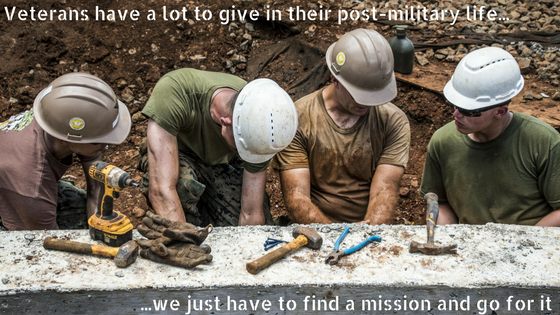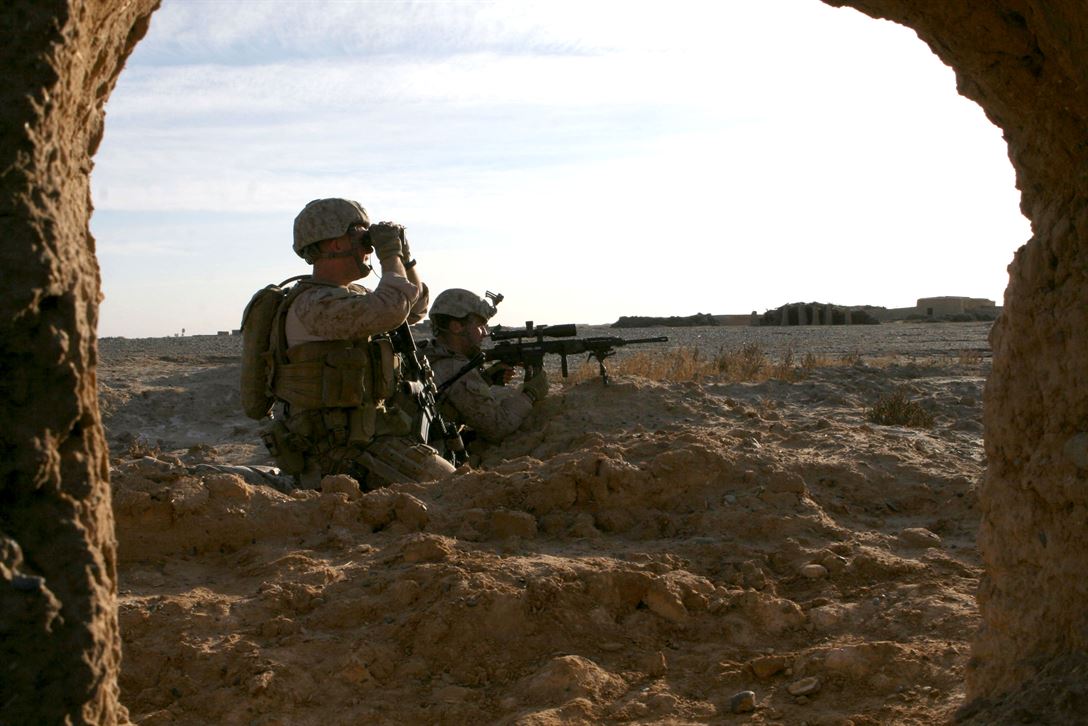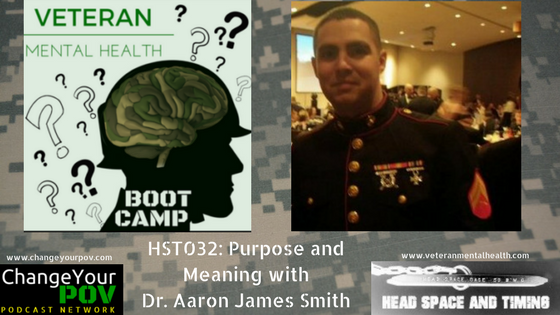
Airmen, Marines and sailors conduct a readiness training mission in Kapaa, Hawaii, July 4, 2017. Air National Guard photo by 1st Lt. Paul Stennett
The best way to find yourself is to lose yourself in the service of others – Mahatma Ghandi
One of the most common impacts of leaving the military is loss of meaning and purpose. Regardless of why we joined, while we were in the military, service members expended energy and effort for the greater good. There was the global “service to the nation,” of course, but service to those around us, our battle buddies, shipmates, or wingmen. To a greater purpose.
When a service member leaves the military and doesn’t have that, things can go wrong quickly. We can become bored. Disillusioned. Angry even, and there is a danger of falling into the veteran stereotypes. A hero, to be revered; a victim, to be pitied; a villain, to be feared. Sometimes, veterans play into those stereotypes. We rage and rail against perceived injustices to anyone who will listen. To what purpose? What, precisely, are veterans trying to do when we shout “unfair” and “where’s mine” to fill the void that leaving the military left in us? Some of it is to certainly fill that void, but it is ultimately unsatisfactory.
It’s hard to shake your fist at the sky when you’re holding a shovel.
There’s plenty to do in our post-military lives, and to be sure, getting out of work is something that we often tried to do when we were in. The thing was, when we were shamming in the military, it was often busy work, and there were others to pick up the slack. And, because you can’t be lucky enough to execute the proper sham maneuver every time, you often picked up the slack when others shammed. So it all worked out in the end. Not doing work outside the military, though? Although you might not truly be on your own, you’re doing the solo thing just enough that there’s not anyone to pick up the slack when you’re shamming it.
As I mention often, the current generation of veterans has the ability, and responsibility, to change the world. Talk doesn’t bring about change, though, work does, and one of the best ways to fill that void is to work on behalf of others.
Service through Veteran Groups
“Who wants to join a bunch of old guys drinking in a basement?” I don’t hear it a lot, but often enough that it’s noticeable. The divide between Post 9/11 veterans and those who came before them is often identified by organizations that support one group over the other. We also divide ourselves in the same way. Younger veterans are staying away from “legacy” veteran service organizations like the VFW and American Legion. Just like the stereotypes that people have of veterans, however, we can sometimes buy into the stereotypes of these organizations. How do you know how they are, if you don’t check it out for yourself? I don’t belong to any, for full disclosure, but for me it’s because it’s a matter of time, not inclination.
Organizations such as these are doing great things on the part of veterans. Former soldiers of mine are working in organizations like the Vietnam Veterans of America, of the Paralyzed Veterans of America. Others are getting involved in other veteran organizations that give back to the community, like Team Rubicon or the Travis Manion Foundation. If there is a loss of a sense of service and camaraderie in our post-military lives, getting involved in organizations such as these can help.
Service through Entrepreneurship
One of the best ways to do something is to do something. I know it sounds cliche, but building or creating something new can provide both satisfaction and service to the community. Organizations these days are not just concerned with making stuff and money, as it was in the old days. There is a sense of social responsibility that many organizations have, and that social responsibility can be provided both in large organizations and small organizations. Entrepreneurs are driven individuals who identify a problem or a need, and come up with a solution that solves that problem or satisfies that need. Sound like a veteran? Take a look at this list of entrepreneur definitions and see if they meet the definition of a former military service member.
Don’t know how to do it on your own? You don’t have to. Amazing organizations like Bunker Labs or WeWork are supporting veteran entrepreneurship. Opportunities such as Stanford Ignite and Institute for Veterans and Military Families through Syracuse University are designed to help veterans launch their companies. The good ol’ Department of Veterans Affairs even gets in on the act, providing a whole bunch of information for veterans looking to start their own business.
Service in Legislative Advocacy
We need more politicians like we need another hole in our head, right? And getting involved in legislative advocacy doesn’t mean that you have to run for office. Just that you have to be involved in the process. It’s not as hard as you might think; you just have to show up to talk to people. I believe one of the reasons why veterans don’t get involved in the legislative process is because we’re not used to being involved when we were in the military. Then, it was forbidden; after the military, it’s encouraged. You never know what you can do if you reach out to lawmakers. I found myself at the Colorado State Capitol for the first time several years ago, wondering how I got there; now, while I’m not an expert, I’ve certainly done my part to make an impact.
Many national legislative advocacy efforts are made on behalf of the legacy VSOs, as mentioned above, but one organization making a difference at the national level is High Ground Veterans Advocacy. And on the local level? Many might not know this, but state lawmakers don’t have a full legislative staff and most have other careers throughout the year. They rely on interested constituents to get things done…which is a great opportunity for a veteran looking to make a difference.
Veterans have a lot to give in our post-military lives…we just have to find a mission and go for it.
 The Head Space and Timing Blog is supported by the Colorado Veterans Health and Wellness Agency, a 501(c)3 Nonprofit in Colorado Springs, Colorado. The goal of the CVHWA is to provide military culturally competent mental health counseling to veterans and their spouses, regardless of characterization of discharge, time of service, or era of service. Our vision is to assist veterans to identify and remove barriers to their mental, physical, emotional, and behavioral wellness. For questions or inquiries, contact us!
The Head Space and Timing Blog is supported by the Colorado Veterans Health and Wellness Agency, a 501(c)3 Nonprofit in Colorado Springs, Colorado. The goal of the CVHWA is to provide military culturally competent mental health counseling to veterans and their spouses, regardless of characterization of discharge, time of service, or era of service. Our vision is to assist veterans to identify and remove barriers to their mental, physical, emotional, and behavioral wellness. For questions or inquiries, contact us!


